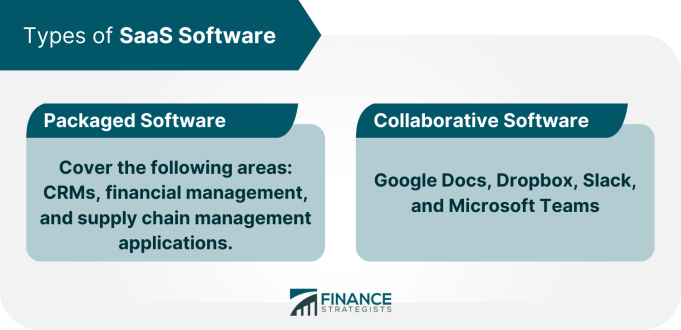Bankruptcy can often seem like a dark cloud, shrouded in myths and misconceptions. This blog post aims to bring clarity, debunking common bankruptcy myths in Alabama with the light of factual information.
Primarily, there are two types of personal bankruptcy options in Alabama:
- Chapter 7 Bankruptcy: Often referred to as liquidation bankruptcy, this involves selling off your non-exempt assets to repay creditors.
- Chapter 13 Bankruptcy: Known as reorganization bankruptcy, you restructure your debts into a manageable repayment plan over 3-5 years.
Myth 1: Bankruptcy Means You’ll Lose Everything
Many fear that filing for bankruptcy means losing all their possessions. However, bankruptcy laws offer exemptions that protect necessary assets. In Alabama, certain property, like your home, car, retirement accounts, and personal belongings, can often be kept during bankruptcy.
Myth 2: Everyone Will Know You’ve Filed for Bankruptcy
While bankruptcy filings are public records, the chances are slim that friends or neighbors will find out unless they’re actively seeking that information. The stigma associated with bankruptcy has significantly decreased over the years, and it’s now seen as a legitimate financial tool.
Myth 3: You Can’t Get Credit After Bankruptcy
Contrary to popular belief, you can rebuild your credit after bankruptcy. Many individuals start rebuilding their credit immediately after their debts are discharged. In fact, some lenders specialize in offering credit to those who have been through bankruptcy.
Myth 4: Filing for Bankruptcy is a Sign of Failure
Bankruptcy is not a sign of failure; instead, it’s a legal way to get a fresh financial start when circumstances become overwhelming. Many successful people have filed for bankruptcy and bounced back stronger.
Myth 5: All Debts Are Wiped Out in Bankruptcy
While many debts can be discharged in bankruptcy, not all are eligible. Non-dischargeable debts include student loans (in most cases), alimony, child support, and certain tax obligations.
Myth 6: You Can Only File for Bankruptcy Once
While it’s not advisable to repeatedly file for bankruptcy, it’s not true that you can only do so once. However, there are time limits between discharges depending on the type of bankruptcy filed.
Remember, understanding is the first step towards making informed decisions. If you’re struggling with debt, consider consulting with a bankruptcy or divorce attorney to explore your options based on your unique situation. Bankruptcy is not a path of shame but a journey towards financial freedom.

















